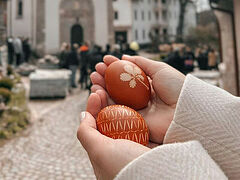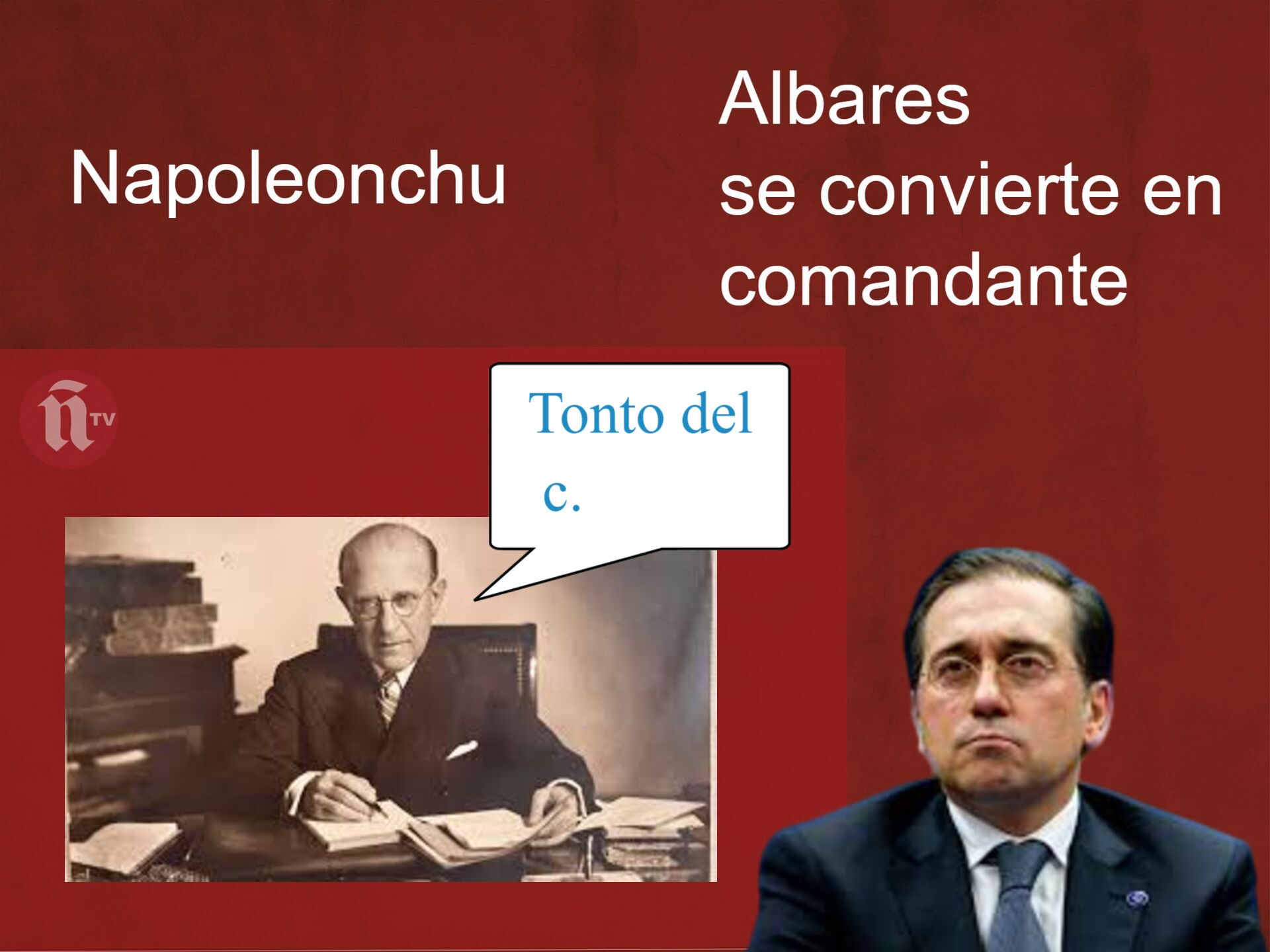KOSOVO AND METOCHIJA: CHILDREN AFTER THE WAR
We are writing these notes during our regular trips to Kosovo and Metochija where we deliver the humanitarian aid to our Orthodox brothers and sisters. By writing these short stories and articles, we aim to ensure that the sufferings of the Orthodox people in this holy land will never be erased from our memory.
 A girl from the village of Grizime in Kosovska Kamenica
A girl from the village of Grizime in Kosovska Kamenica
“We dig ditches with our own hands to wash ourselves and do our laundry, while during school breaks, we tend the grazing cattle”
The village of Grizime is located in eastern Kosovo and Metohija, on the right bank of the South Morava River. It is divided into an upper and a lower part. The village is believed to have originated as a resting place for pilgrims traveling between the monasteries of Tamnica and St. Mark.
We were looking for someone who could tell us about life in this small village. Then, we stumbled upon two tough-looking, happy boys playing in the yard and also tending the piglets. Children know really well how to combine business with pleasure. They are Daniel and Jovica Miljkovic, one of them twelve years old and the other fourteen. We noticed them even earlier: they were digging a small ditch on a hill. At first we thought it was also some kind of game. But no: It turned out that the boys were working here practically every day, and that their goal is to bring water to the house for washing and laundry. They lost their father two years ago, and there are thirteen of them in their household... They can’t imagine themselves anywhere else in the foreign lands, just as they can’t imagine their lives outside the house, and so they work in the fields. They were saying that the household and the family should have everything they need. They do all the housework together with their mother, and they help her take care of the younger ones.
This family’s life is about their house, their yard, their fields, the woods—everything else is a foreign land
It’s even hard to imagine that what we casually call the “everyday life” can actually look the way it is in the Miljkovic household. This family’s life is centered around their house, the yard, the fields, the woods, and everything else is just a foreign land.
The villages around Kosovska Kamenica seem not to have changed at all in the last century and a half. If you go a few kilometers away from the center of Kamenica, you won’t see any paved roads, let alone lighting or public transportation; you should be happy that you reached your destination safely on foot! Now, more and more people are leaving their homes, the villages are empty, and there are practically no young people left. Even those who have lived all their lives in the midst of these hills, fields, and forests are leaving—the houses stand empty, dilapidated, and crumbling to ruins, the yards and fields are overgrown with weeds, the gates and shutters are closed, while the wild grasses are as high as the roofs. The Serbs lived here until the war in 1999, when most of them were driven out. The remaining Orthodox people subsist here solely by farming and a tenacity that can probably be described as unrelenting, and they stay because of their faith. I guess there is also some hope still left to receive help from good people.
The last house in Manuta
The last one—in the sense that it is the last Serbian house in this village near Novo Brdo. This is where the Jovic family lives – Siniša, Razije, Mihajlo, Marina and their grandmother. They live two kilometers away from the main village road, but it seems much farther because only a tractor or an armored personnel vehicle can get through. Needless to say, there are no street lights.
Their relatives left long ago. There are none of them left; as they say, they fear some unknown strangers attacking their children. Aha, right, “uknown”...
“A couple of years ago, that Albanian beat up the boy. He beat him up really bad. The child went outside to play, and his neighbor from the Shqiptars beat him up. The boy returned home crying: “Mama, my neighbor beat me up! How come?” God forbid we should have neighbors like that,” said Razije, Marina and Mikhajlo’s mother.”
 A shepherd girl, Novo Brdo
A shepherd girl, Novo Brdo
Mikhajlo and Marina don’t walk to school—they are driven there. Every day, they make their way through the village to the bus stop and the bus picks them up to take them to school. Once they reach the fifth grade, they will have to travel even farther, to a distant village far away. Marina’s class has only two students, while Mikhajlo has as much as three. It also happens that they don’t descend from the hills to the village for months, and as for the nearest town, it is just a big unknown for them. They spend their summer breaks here at home, in their native hills. They rarely venture more than a few hundred meters from the gates of their own house. They play in their yard and take care of the eight (!) cows that feed their whole family. Such is the idyllic shepherds’ life in our Kosovo.
The only student
 Nikola Stankovic at the school entrance
Nikola Stankovic at the school entrance
Nikola Stankovic attends the fourth grade of the “Petar Kocic” elementary school located in the village of Sljivovo.
Nikola has a teacher, who is with him during class, but at recesses, Nikola is all alone—he is the only student studying in this first through fourth grade school and would probably be the last one to attend it.
The “Petar Kocic” school is located in a private house. No computers or digital learning tools, nothing of the kind! Just benches, a blackboard, chalk, and old textbooks—that’s all they have for didactics.
A quiet, close-mouthed child. We ask him, “How’s school? He replies briefly, “Boring.” He’s withdrawn and doesn’t like to talk much. Can one be talkative here under these circumstances! I have great doubts.
Nicola spends the rest of his time with his father and brother, helping them with the household chores. He practically never plays. “What’s interesting about playing alone?” he replies with his question to our question. Enough said.
 Two Nikolas: Stankovic and Vasic
Two Nikolas: Stankovic and Vasic
Sljivovo is near Pristina, and there are still a few Serbian houses left here. Is there any point in talking about the living conditions of these Serbs? I would simply call them humble. Fr. Negovan says he no longer expects any help from anyone, much less from the state. “I have resigned myself to the idea that my sons will leave this area, which is so full of hopelessness. The boys will have to work somewhere.” We ask him what life is like in Sljivovo. He chuckles: “Its so good that you shouldn’t even have asked about it”...
6/17/2023








